
Thyme Essential Oil Shows Promise in Killing Lung, Oral, and Ovarian Cancer Cells
Thyme Essential Oil Shows Promise in Killing Lung, Oral, and Ovarian Cancer Cells
Recent studies have uncovered powerful cancer-fighting potential in thyme essential oil, suggesting that this humble kitchen herb may have far more to offer than just flavor. The essential oil of Thymus vulgaris, commonly known as oil of thyme, contains between 20–54% thymol, a compound belonging to a class of natural substances called biocides—agents capable of destroying harmful microorganisms and even abnormal cells.
Researchers have been increasingly interested in thymol’s ability to fight infections, reduce inflammation, and, most remarkably, combat cancer cell growth. These discoveries are fueling new discussions about how natural plant compounds could one day complement traditional cancer therapies.
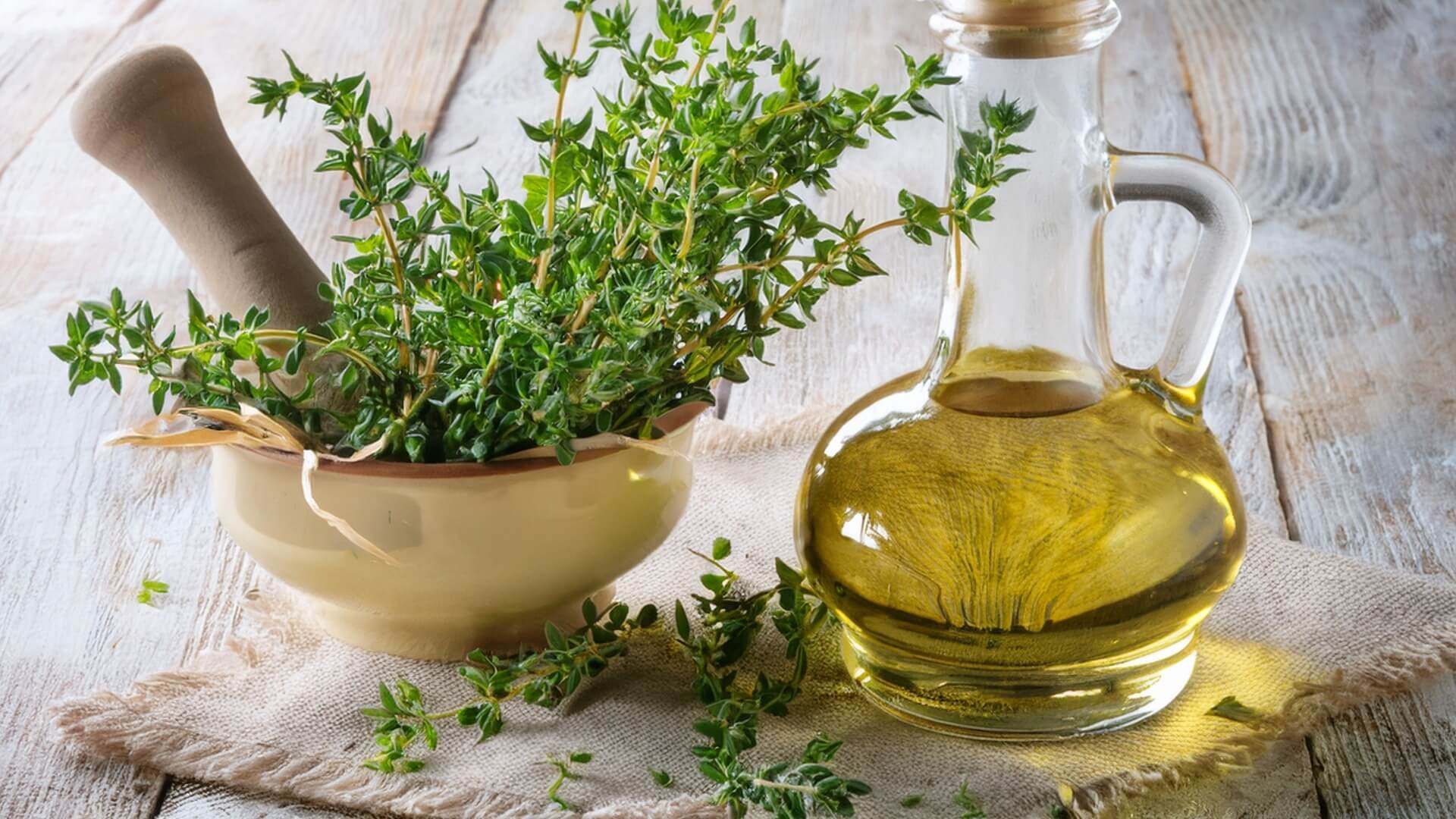
Thyme’s Potent Bioactive Power
When thyme’s key compounds, such as thymol and carvacrol, are combined, they exhibit remarkably strong antimicrobial and anti-tumor properties. Laboratory studies (in vitro) have shown that thyme essential oil can target and destroy human lung, oral, and ovarian cancer cells.
In one striking experiment, oil extracted from the common thyme plant was found to kill up to 97% of human lung cancer cells. This is a remarkable result for a natural substance that’s also widely used in cooking. While these findings are preliminary and come from cell-based studies rather than clinical trials, they highlight thyme’s potential as a natural anti-cancer agent worthy of deeper scientific exploration.
Native to the Mediterranean region, thyme has been cherished for thousands of years—not just as a culinary staple but also as a medicinal herb. Ancient Greeks used it in temples for purification, and throughout history it has been valued for its immune-boosting and healing properties.
Thyme and Olive Oil: A Powerful Combination
One particularly fascinating discovery is that thyme can enhance the health benefits of olive oil—another Mediterranean staple. Recent research suggests that mixing thyme with olive oil increases the bioavailability of hydroxytyrosol, one of olive oil’s most potent anti-cancer and antioxidant compounds.
Hydroxytyrosol is known to protect cells from oxidative damage and to support cardiovascular and immune health. By combining these two ingredients, you may be getting a natural synergy—boosting both flavor and potential protective effects against disease.
Traditional Uses of Thyme Essential Oil
Beyond its culinary appeal, thyme essential oil has long been used in Ayurvedic and traditional medicine systems for its diverse health benefits. It is prized for its:
-
Antioxidant effects, which help neutralize harmful free radicals.
-
Antibacterial and antiviral properties, which can support immune function.
-
Anti-fungal actions, particularly effective against Candida overgrowth.
These properties have made thyme oil a popular natural remedy for respiratory conditions, skin infections, and digestive issues. Now, science is beginning to validate what traditional healers have known for centuries: that thyme’s bioactive compounds can be profoundly therapeutic.
Thyme’s Potential in Breast Cancer Research
Modern cancer researchers are also taking note of thyme’s potential beyond lung and ovarian cancers. At Celal Bayar University in Turkey, oncologists conducted a study to investigate the effects of Wild Thyme (Thymus serpyllum) on breast cancer cells.
Their research explored how wild thyme might influence cell death (apoptosis) and epigenetic activity—changes in gene expression that do not involve direct alterations to the DNA sequence itself. These subtle changes can determine whether cancer cells continue to grow or self-destruct.
The results, published in the journal Nutrition and Cancer, were encouraging: Wild thyme induced cell death in breast cancer cells and altered epigenetic pathways linked to tumor growth. The researchers concluded that Wild Thyme “may be a promising candidate in the development of novel therapeutic drugs for breast cancer treatment.”
Although this was a laboratory study, not a clinical trial, it highlights the growing scientific interest in thyme’s complex chemistry and its potential role in future plant-based cancer therapies.
Adding Thyme to Your Daily Life
Fresh thyme is more than just a fragrant herb—it’s a simple, natural way to support overall health. Incorporating thyme into a balanced, whole-food diet that includes plenty of fruits, vegetables, and healthy fats may offer protective benefits.
Here are a few easy ways to enjoy thyme regularly:
-
As a seasoning: Sprinkle fresh or dried thyme over roasted vegetables, soups, or grilled fish.
-
Infused in oil: Combine thyme with extra virgin olive oil for a flavorful and health-boosting drizzle.
-
As a tea: Steep fresh thyme leaves in hot water for 5–10 minutes for a soothing herbal tea that supports digestion and immunity.
While essential oils should always be used with care and never ingested without professional guidance, diffusing or using diluted thyme oil topically can also provide aromatic and antimicrobial benefits.
The Bottom Line
The growing body of research on thyme essential oil reveals promising possibilities in the fight against several forms of cancer—including lung, oral, ovarian, and breast cancers. Though much more research, especially in humans, is needed before drawing firm conclusions, these findings point toward a powerful synergy between traditional wisdom and modern science.
As part of a healthy lifestyle, thyme—whether as a culinary herb or essential oil—offers a fragrant, flavorful, and potentially healing way to support your well-being naturally.
News in the same category


Reverse diabetes and insulin resistance fast—4 hacks doctors don’t tell you!

4 powerful remedies to eliminate parasites—#2 will surprise you!

Top 7 peripheral neuropathy creams that actually STOP nerve pain fast!

The Real Health Benefits of Papaya Seeds: A Tiny Powerhouse Worth Trying

15 Things That Women Will Always Notice About A Man Over 50

Marathon Runner Diagnosed With Terminal Cancer Warns Against Ignoring Small Symptoms

PANCREATIC CANCER NEEDS CATCHING EARLY. THE SIGNS AND SYMPTOMS TO LOOK OUT FOR

Woman diagnosed with stage four colon cancer warns people about 5 symptoms she ignored

1 cup to protect the pancreas (and reduce blood sugar)

Eliminate Excess Water and Prevent Hand and Foot Swelling with These Effective Recipes

MARATHON RUNNER DIAGNOSED WITH TERMINAL CANCER URGES PEOPLE NOT TO DISMISS SMALL SYMPTOM HE EXPERIENCED

4 Powerful Foods That Naturally Boost Collagen and Repair Your Body from Within

Ugh, these so annoying

1 Teaspoon in Your Morning Coffee Could Stop Insulin Resistance Within Minutes

7 silent signs your heart could be in trouble – don’t ignore these!

7 Warning Signs of a Heart Attack You Should Never Ignore

5 Surprising Causes of Weak Legs in Seniors—and How to Fix Them

🧴 Pimples on Your Lips? What It Really Is & How to Treat It Safely
News Post

Reverse diabetes and insulin resistance fast—4 hacks doctors don’t tell you!

4 powerful remedies to eliminate parasites—#2 will surprise you!

Top 7 peripheral neuropathy creams that actually STOP nerve pain fast!
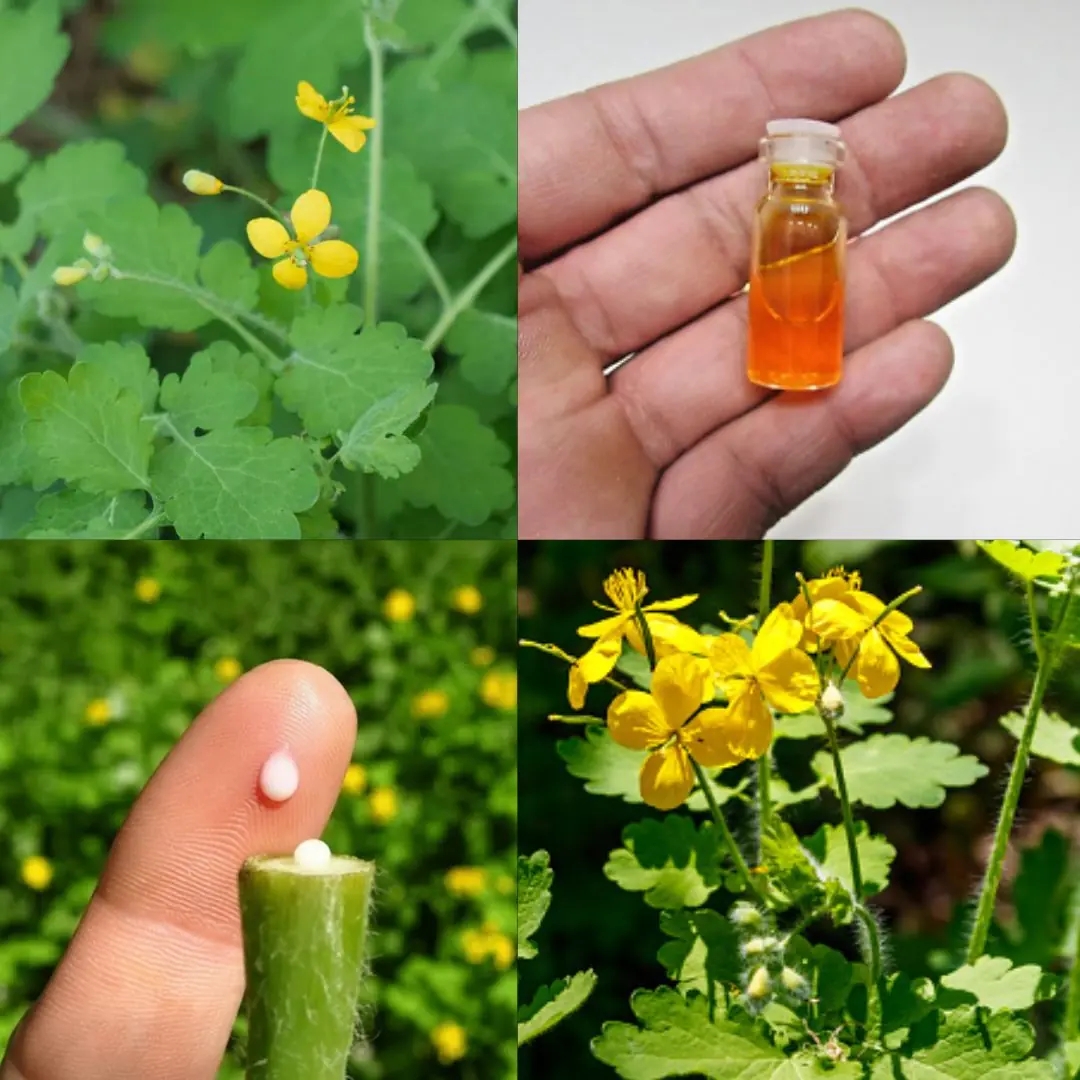
Chelidonium majus L. – The Greater Celandine: Benefits, Uses, and Precautions

The Real Health Benefits of Papaya Seeds: A Tiny Powerhouse Worth Trying
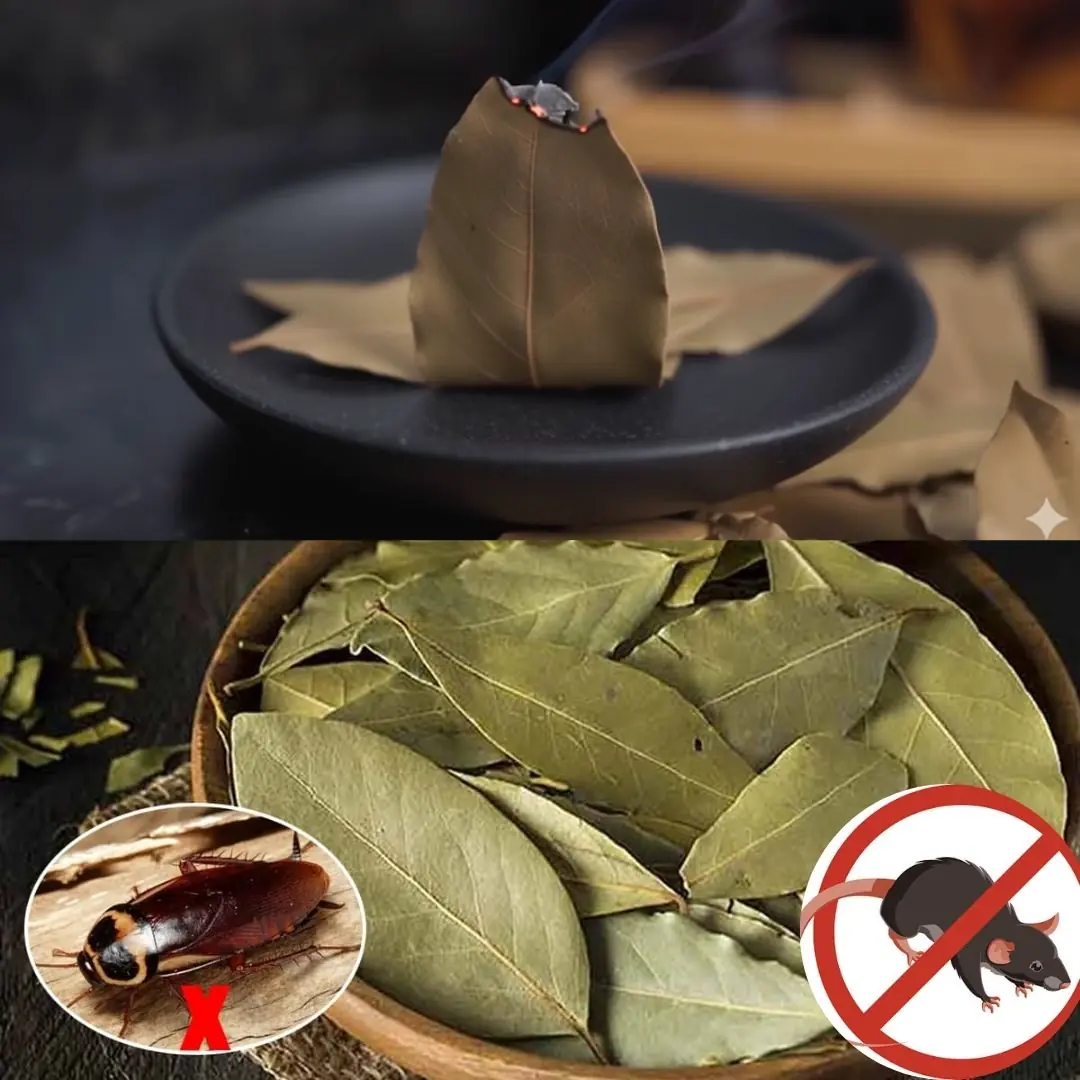
How to Use Bay Leaves to Naturally Repel Household Pests

15 Things That Women Will Always Notice About A Man Over 50
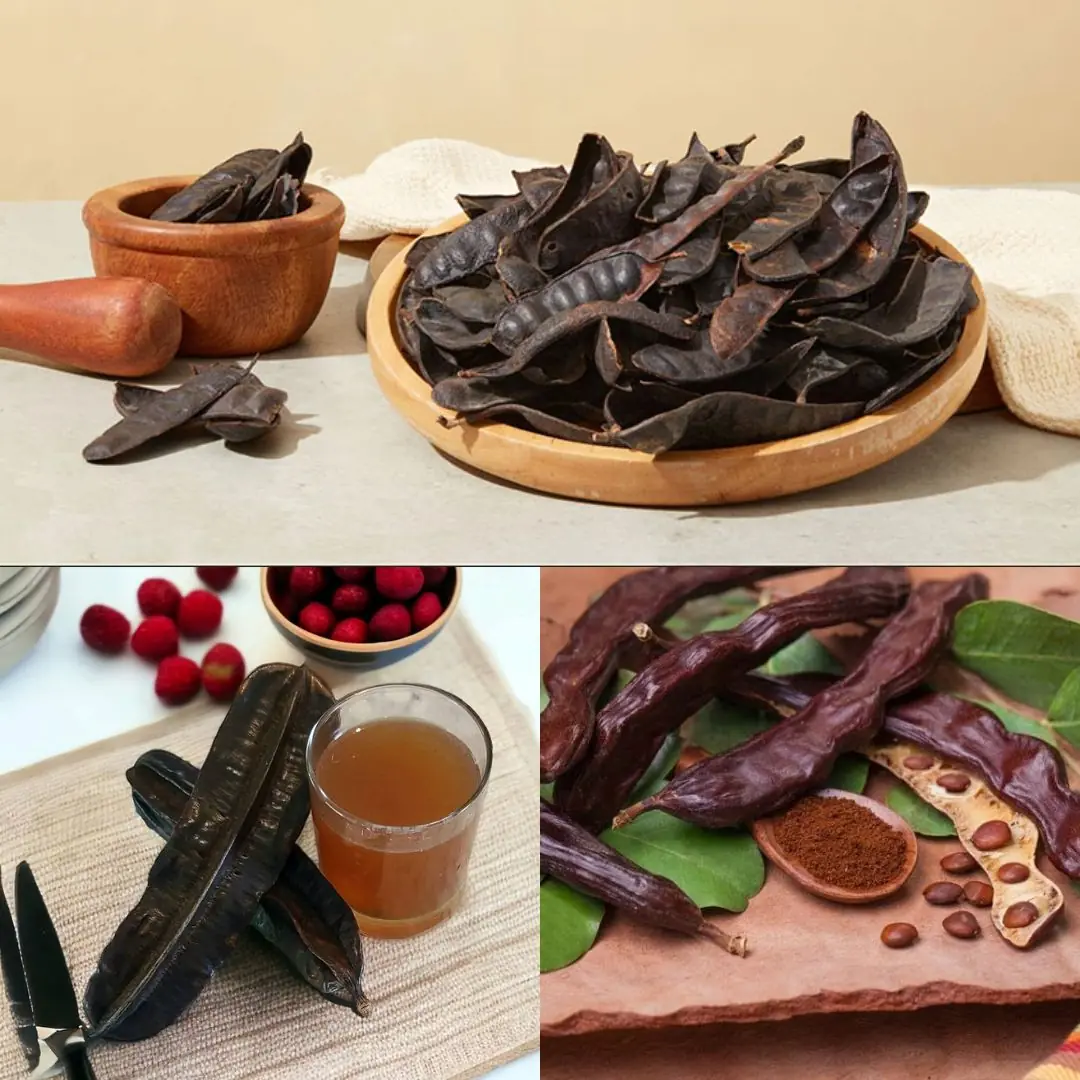
Carob (Ceratonia siliqua): Benefits and Homemade Uses

Marathon Runner Diagnosed With Terminal Cancer Warns Against Ignoring Small Symptoms
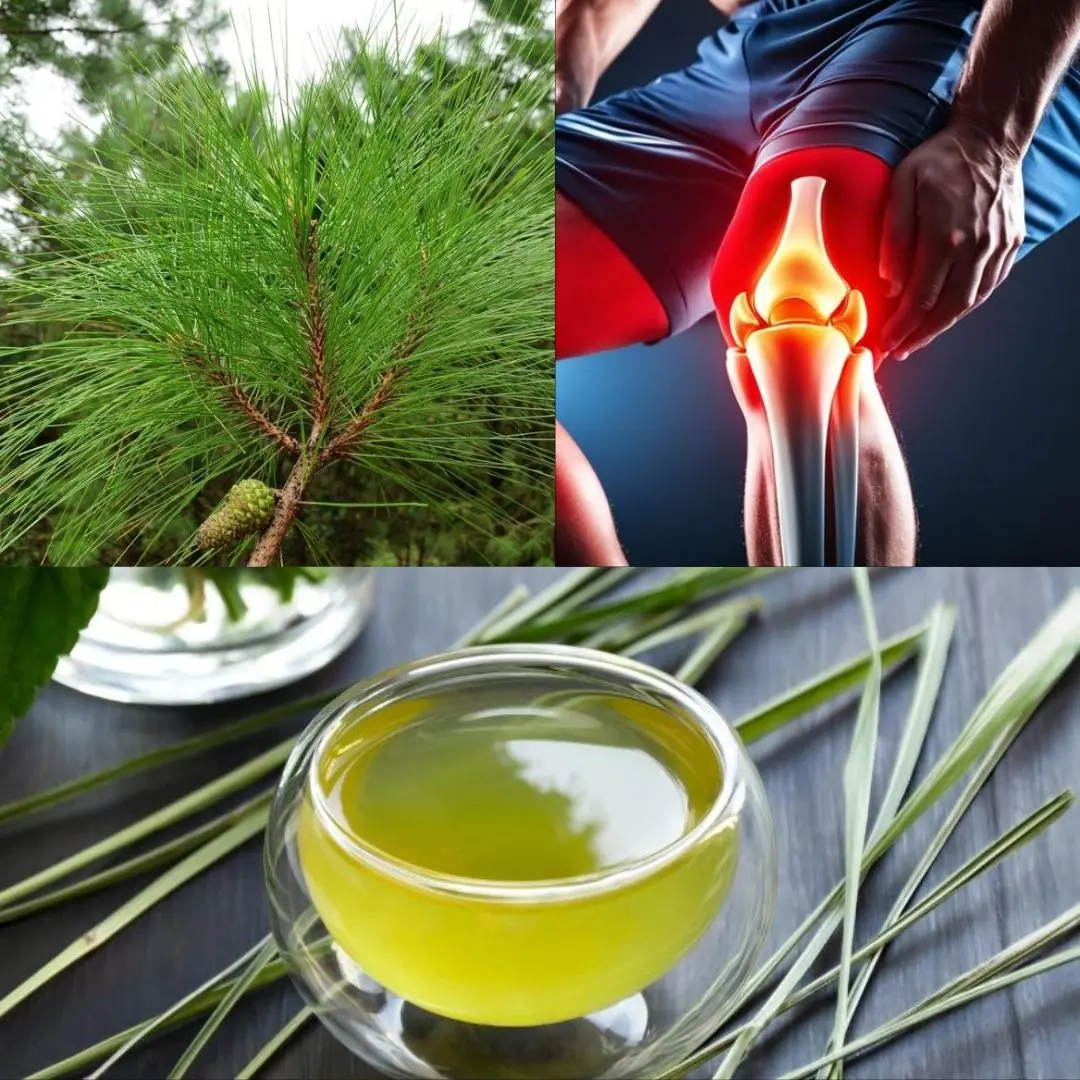
The Power of Pine Needles: 30 Benefits and Homemade Uses

PANCREATIC CANCER NEEDS CATCHING EARLY. THE SIGNS AND SYMPTOMS TO LOOK OUT FOR

Powerful Healing with Cabbage Leaves: Why Wrapping Them Around Your Body Works Wonders

How to Grow Papaya in Pots: Heavy Harvests of Big, Sweet Fruit

Save Millions of Dong in Electricity Bills Each Year by Cleaning This Hidden Part of Your Rice Cooker

Woman diagnosed with stage four colon cancer warns people about 5 symptoms she ignored

4 Ways to Cook Chicken Without Using Water

Today I Learned How to Use the Detergent Drawer on a Washing Machine—No Wonder My Clothes Weren’t Getting Fully Clean

1 cup to protect the pancreas (and reduce blood sugar)

Ladies, when a man doesn’t appreciate you, DO THIS ...
